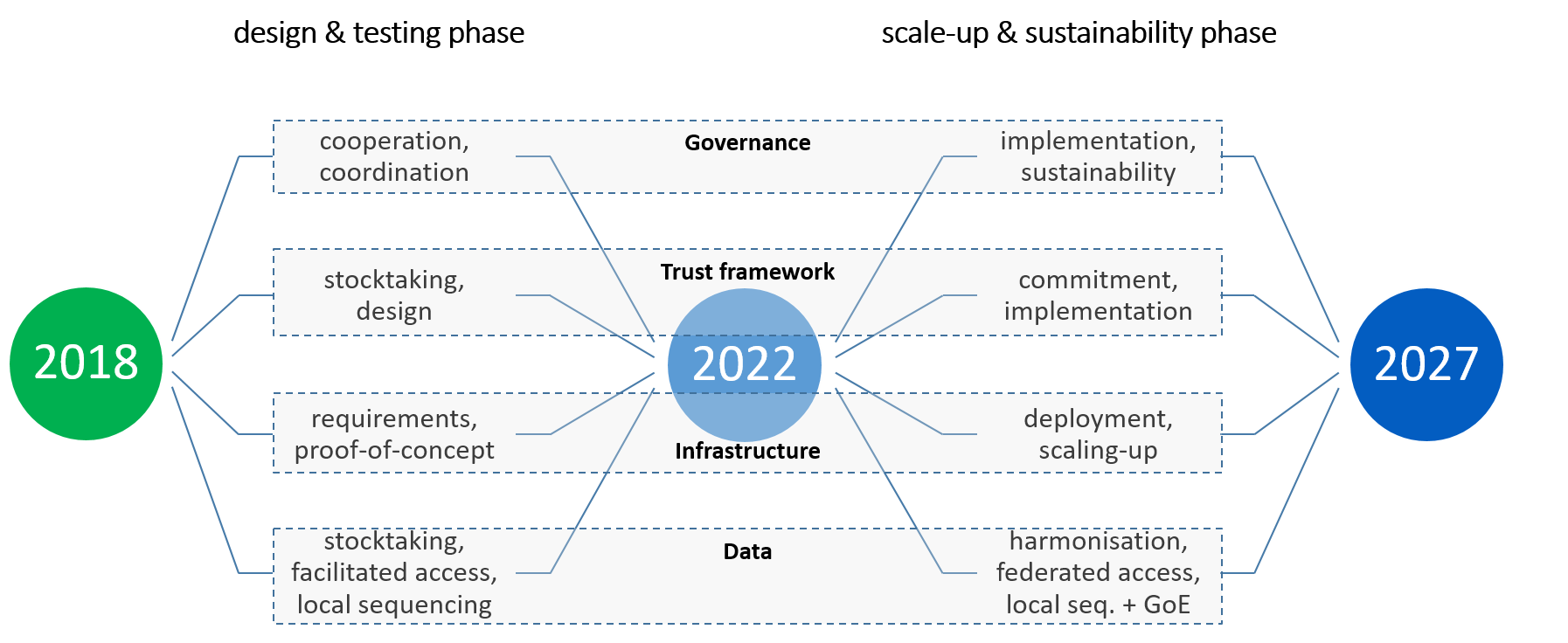Today, India has a population of more than one billion and is one of the most populous countries, especially in the cities of Mumbai and Calcutta. Many parts of India suffer from extreme poverty, not to mention a lack of public health services and weak capacity of the health system in general. India's hospitals have half a bed per thousand people. This is a very low rate and may not be as high as a fifth of what the UK, for example, offers. also Residents rely on public transport, most importantly trains and buses, to travel between Indian states for business purposes. In light of all these facts, We recognize that the spread of the disease under these circumstances will have severe and far-reaching consequences not only for India but for the whole world.
In order to avoid this spread, which could burden the Indian healthcare system, Epidemiologists propose to conduct an assessment of individuals with co-morbidities in different provinces in India. According to the World Health Organization, The individuals most at risk of chronic disease and death are those over the age of 60 who suffer from health conditions such as high blood pressure, diabetes, cardiovascular disease, chronic respiratory disease and cancer. Based on China's experience, Patients with diseases such as hypertension, diabetes, and respiratory diseases have been shown to be at least six times more at risk and likely to die than individuals without comorbidities.
As a first step to avoid these risks, Epidemiologists in India are emphasizing the need to collect data on places where comorbidities are high and to secure more resources and equipment required to provide critical care services there. Scientists propose to achieve this by developing well-thought-out plans by responsible authorities at the state, state and provincial levels. In the event of a rise in the number of people infected with COVID-19, The Indian government will face a major challenge to rationalize resources such as intensive care beds and ventilators that hospitals need to serve intensive care patients. In order for India to successfully tackle this pandemic and save more patients, They should have a solid and proactive plan whereby they can provide these resources in case the number of intensive care patients increases.
Once the data has been collected, It is recommended that epidemiologists conduct a comprehensive analysis of this data on a county basis and develop plans to address any potential outbreak. The measures also recommend that patients with COVID-19 are not allowed to travel outside a certain range to seek treatment, especially for critical cases. The responsible authorities are keen to organize and administer the provinces in order to serve the plans developed to deal with such emergencies. Based on the National Family and Health Survey covering the period 2015 to 2016, A survey was conducted on the presence of cases with comorbidities such as hypertension and diabetes. The data in this survey was collected based on biomarker screening.
After completing the collection of huge amounts of data for each province in India, Experts have developed maps that provide comprehensive information on hypertension and diabetes patients for more than 600 districts in India. These maps can be used as a way to familiarize each state governments with the targeted approach to reducing mortality through preventive action.






